Plant-Based Diet for Athletes: Fuel Like a Pro
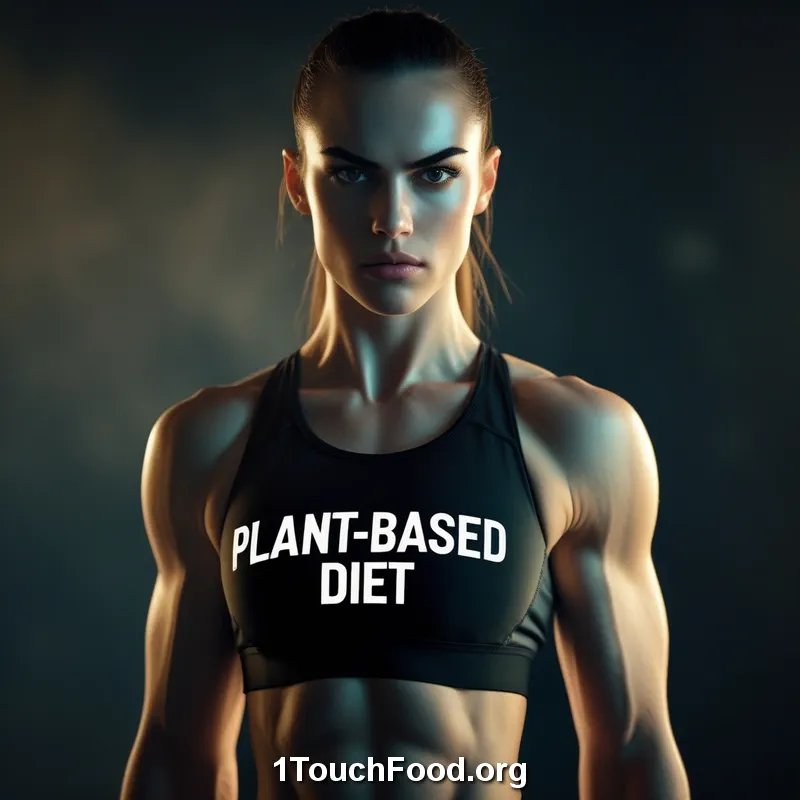
Fueling Peak Performance: The Power of a Plant-Based Diet for Athletes
In the high-performance world of sports and athletics, nutrition is more than just a support system — it’s a game changer. Today, more athletes are turning to a plant-based diet for athletes to fuel their bodies, boost endurance, and accelerate recovery. But this isn’t just another dietary trend; it’s a revolution backed by science and championed by elite performers worldwide.
Whether you’re a professional athlete or a weekend warrior, understanding how a plant-based diet for athletes works can offer a significant competitive edge. Rich in whole foods, antioxidants, and anti-inflammatory properties, plant-based eating offers comprehensive support for physical performance, mental clarity, and long-term health. Moreover, contrary to outdated myths, athletes can absolutely meet — and even exceed — their protein and calorie needs on a plant-based regimen.
In this article, we’ll dive deep into what defines a plant-based diet tailored to athletic needs, explore its key benefits, and discuss how it supports strength, stamina, and recovery. Step by step, we’ll also explore powerful vegan protein sources and practical strategies for success. Let’s start with the basics.
What Is a Plant-Based Diet for Athletes?
Understanding the Core Principles
A plant-based diet for athletes emphasizes whole, minimally processed plant foods such as fruits, vegetables, legumes, whole grains, nuts, and seeds. Unlike vegetarian or vegan diets which often have ethical or environmental motivations, the plant-based approach focuses primarily on health and performance. Some athletes may still include occasional animal products, but the foundation of their meals remains plant centric.
This nutritional approach avoids, or limits processed foods, added sugars, and refined grains. Instead, it relies on nutrient-dense foods that provide high levels of vitamins, minerals, antioxidants, and fiber. These components not only support general health but also help reduce exercise-induced inflammation and oxidative stress — critical factors in athletic recovery.
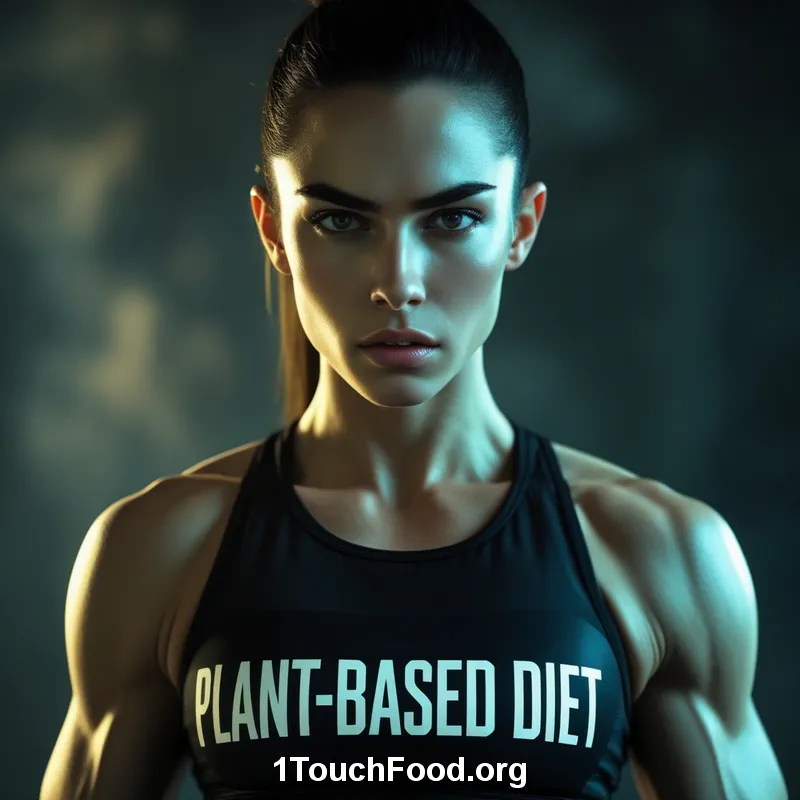
What sets plant-based athletes apart is their emphasis on quality carbohydrates for energy, plant proteins for muscle repair, and healthy fats for hormonal balance. Combined, these elements form a sustainable diet that supports intense training and fast recovery, all while reducing the long-term risk of chronic disease.
Key Macronutrient Distribution
- Carbohydrates: 50-65% of total calories, primarily from whole grains, legumes, fruits
- Protein: 15-20%, sourced from legumes, tofu, tempeh, lentils, and quinoa
- Fats: 20-30%, mostly from nuts, seeds, avocados, and plant oils
Understanding these ratios helps athletes tailor their meals to fuel both training and recovery without nutrient deficiencies.
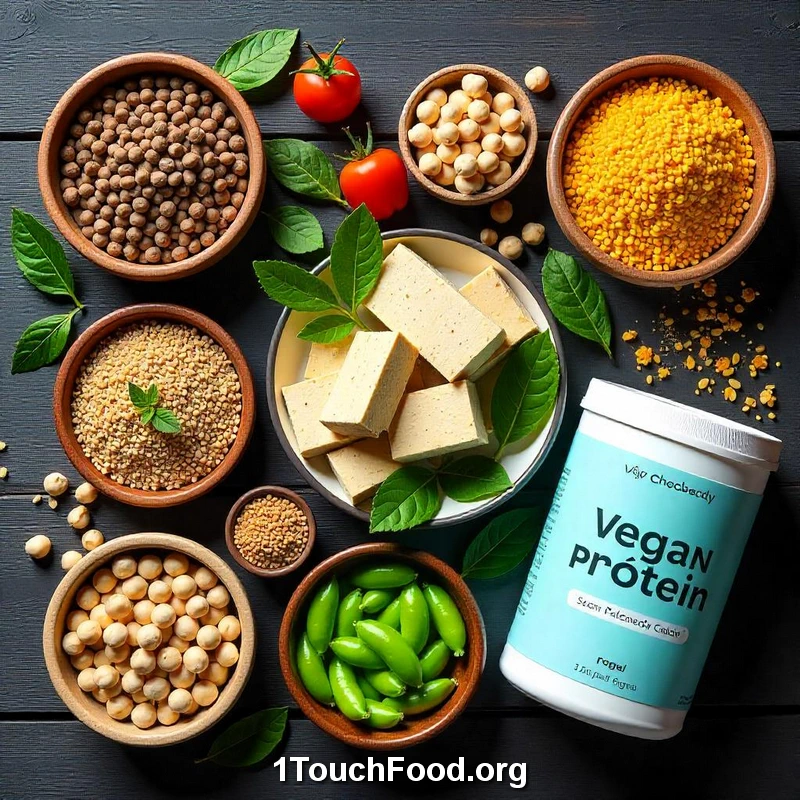
Benefits of a Plant-Based Diet for Athletes
Why More Athletes Are Making the Switch
The shift toward a plant-based diet for athletes isn’t just anecdotal. It’s grounded in solid evidence and real-world results. From Olympic champions to ultramarathoners, plant-based athletes report better energy, quicker recovery, and fewer injuries. Here are some of the key benefits:
1. Enhanced Recovery and Reduced Inflammation
Plant foods are naturally rich in antioxidants and phytonutrients. These compounds combat oxidative stress, a natural byproduct of intense exercise. Lower levels of inflammation mean faster recovery, less muscle soreness, and better readiness for the next workout.
2. Improved Cardiovascular Health
A plant-based diet helps maintain healthy cholesterol levels, blood pressure, and arterial function — all critical for endurance athletes. Improved circulation supports better oxygen delivery to muscles, which can enhance performance.
3. Sustainable Energy Levels
Thanks to their fiber content, whole plant foods release energy slowly and steadily. This helps athletes maintain consistent energy levels throughout training sessions and competition.
4. Weight Management and Lean Body Mass
Plant-based diets are naturally lower in calorie density and high in fiber, which promotes satiety. This makes it easier to maintain or achieve a lean body composition without compromising energy or strength.
5. Longevity and Reduced Injury Risk
The anti-inflammatory properties of plant-based foods can reduce joint pain and muscle fatigue over time. Fewer injuries and quicker healing give athletes more consistency and longevity in their training.
Scientific Backing
Numerous studies, including those published in journals like Nutrients and The American Journal of Clinical Nutrition, have shown that athletes on plant-based diets perform as well as, if not better than, those on omnivorous diets in strength, endurance, and recovery metrics.
In Step 2, we’ll focus on two crucial elements of a plant-based diet for athletes: identifying optimal vegan protein sources and understanding how to combine them effectively for muscle repair and growth.
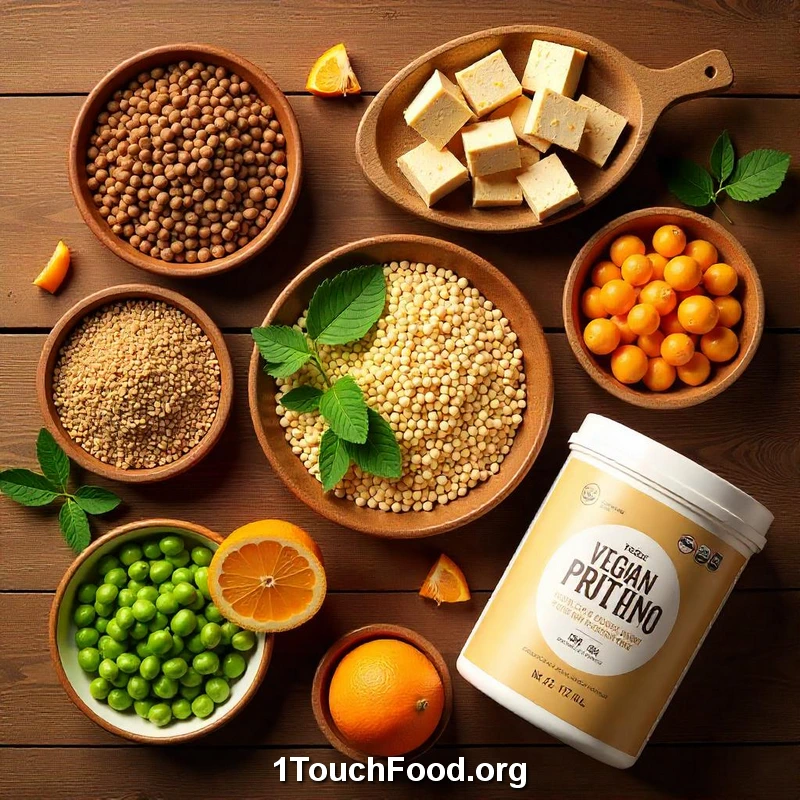
Powering Performance with Vegan Protein Sources
Best Vegan Protein Sources for Athletic Success
One of the most common questions surrounding a plant-based diet for athletes is whether it can provide enough protein to support muscle growth, repair, and recovery. The good news? It absolutely can — with the right knowledge and food choices. Let’s explore some of the most effective and nutrient-dense vegan protein sources that every athlete should consider.
1. Legumes: The Muscle-Building Backbone
Legumes such as lentils, chickpeas, black beans, and kidney beans are powerhouses of plant protein. One cup of cooked lentils offers about 18 grams of protein, along with iron, zinc, and complex carbohydrates. These foods also deliver slow-digesting energy, ideal for fueling long training sessions.
2. Soy Products: Complete Proteins for Recovery
Tofu, tempeh, and edamame are among the few plant-based foods that contain all nine essential amino acids, making them complete proteins. Tempeh, in particular, is fermented, which improves digestibility and gut health — a bonus for athletes with sensitive stomachs.
3. Whole Grains: More Than Just Carbs
Quinoa, amaranth, buckwheat, and teff are rich in both protein and essential nutrients like magnesium and iron. Quinoa, for instance, provides about 8 grams of protein per cup and is also a complete protein, making it a valuable addition to any athlete’s meal plan.
4. Nuts and Seeds: Protein + Healthy Fats
Chia seeds, hemp seeds, flaxseeds, almonds, peanuts, and pumpkin seeds not only offer protein but also deliver omega-3 fatty acids and fiber. Just 3 tablespoons of hemp seeds deliver around 10 grams of high-quality protein.
5. Plant-Based Protein Powders
For convenience and to meet higher protein demands, many athletes turn to powders made from pea, brown rice, or hemp protein. These can be especially useful post-workout or when traveling. Look for products with minimal additives and a complete amino acid profile.
Maximizing Muscle Repair with Smart Combinations
Because not all plant proteins are complete, combining foods to achieve a full amino acid profile is key. This doesn’t mean every meal must be perfectly balanced — the body maintains an amino acid pool — but regular variety ensures optimal results.
Smart Pairings for Complete Protein:
- Rice + Beans
- Peanut Butter + Whole Grain Bread
- Hummus + Pita
- Tofu + Quinoa Stir-Fry
These combinations help athletes get all essential amino acids without relying on animal products. The result? Lean muscle mass, better performance, and faster recovery.
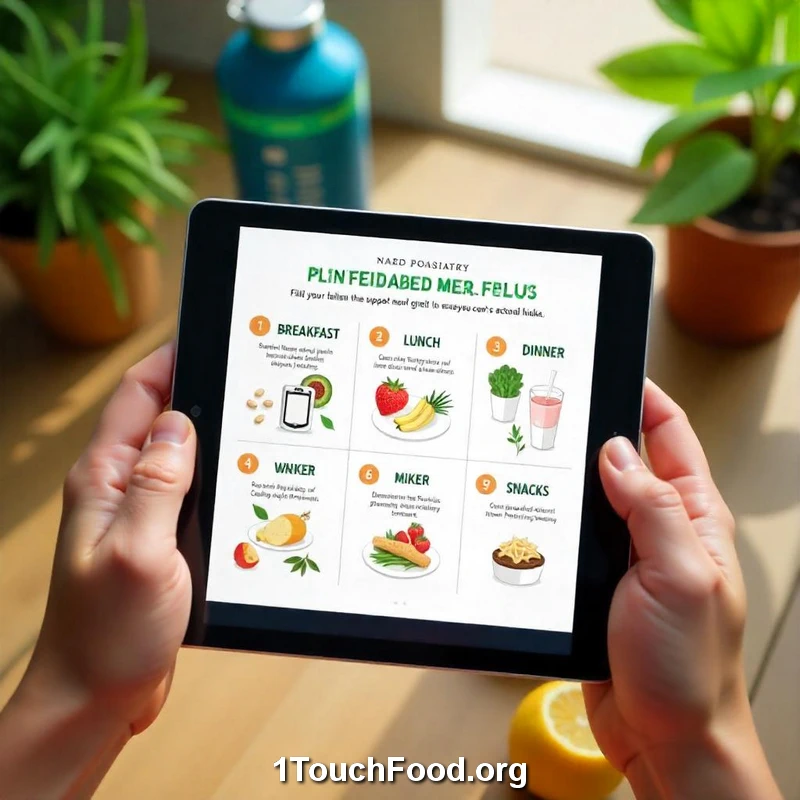
How to Incorporate Vegan Protein Sources into a Daily Training Diet
Transitioning to or maintaining a plant-based diet for athletes means planning meals that are both high in protein and balanced in energy. Here’s how to ensure your diet works with your training schedule:
Breakfast: Start Strong
- Tofu scramble with spinach, peppers, and nutritional yeast
- Smoothie with pea protein, banana, almond butter, and chia seeds
Lunch: Midday Fuel
- Lentil and quinoa salad with mixed greens and tahini dressing
- Chickpea curry with brown rice and steamed broccoli
Snack Options:
- Trail mix with almonds, pumpkin seeds, and dried fruit
- Hummus with carrots and whole grain crackers
Dinner: Recovery-Focused
- Tempeh stir-fry with soba noodles and vegetables
- Vegan chili with kidney beans, black beans, corn, and avocado
Adding variety not only prevents boredom but also ensures a wide range of nutrients. Prioritizing vegan protein sources throughout the day helps keep amino acid levels steady, promoting recovery and muscle repair.

Comparing Plant-Based and Omnivorous Diets for Athletes
When considering a plant-based diet for athletes, one key concern is how it compares to traditional omnivorous diets in terms of performance, recovery, and nutrient adequacy. The table below summarizes the major differences and similarities:
| Feature | Plant-Based Diet | Omnivorous Diet |
|---|---|---|
| Protein Quality | Often incomplete, needs combining | Typically complete from animal sources |
| Recovery Support | Adequate with planning | Naturally high due to complete proteins |
| Inflammation Response | Lower (anti-inflammatory foods) | Potentially higher (saturated fats) |
| Antioxidant Intake | High from fruits/veggies | Variable |
| Digestibility | May require adaptation | Generally easy |
| Environmental Impact | Low | Higher carbon footprint |
While both diets can support athletic goals, plant-based nutrition offers distinct anti-inflammatory and recovery advantages — provided it is well-planned with attention to vegan protein sources and nutrient timing.
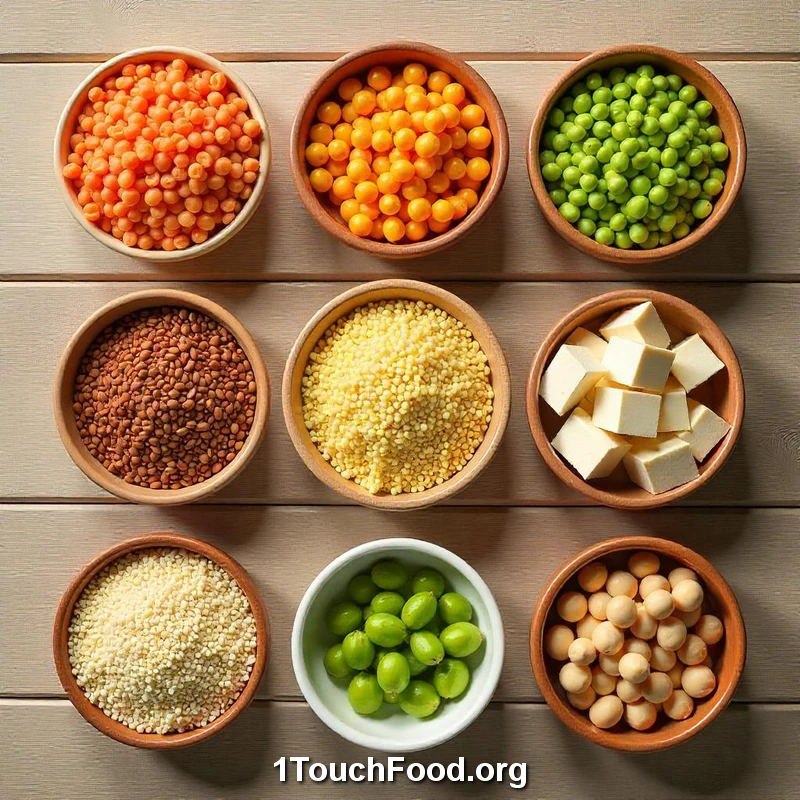
Practical Tips for Athletes on a Plant-Based Diet
Adopting a plant-based diet for athletes doesn’t have to be complicated. These tips help optimize performance and ensure nutrient adequacy:
1. Diversify Protein Sources
Rotate between legumes, soy, grains, and seeds to hit amino acid needs. Don’t rely on just one type of protein.
2. Prioritize Meal Timing
Eat within 30–60 minutes post-workout to jumpstart muscle recovery. Smoothies with protein and carbs are ideal.
3. Supplement Smartly
Ensure adequate B12, vitamin D, and omega-3s. Consider fortified foods or high-quality supplements.
4. Focus on Iron and Zinc
Pair iron-rich plant foods with vitamin C to enhance absorption. Avoid tea/coffee with iron-rich meals.
5. Hydrate and Fuel Intelligently
Whole plant foods are high in fiber; increase water intake and chew thoroughly to avoid digestive issues.
6. Monitor Performance and Recovery
Track progress with training journals. Adjust macros and protein intake based on energy levels and results.
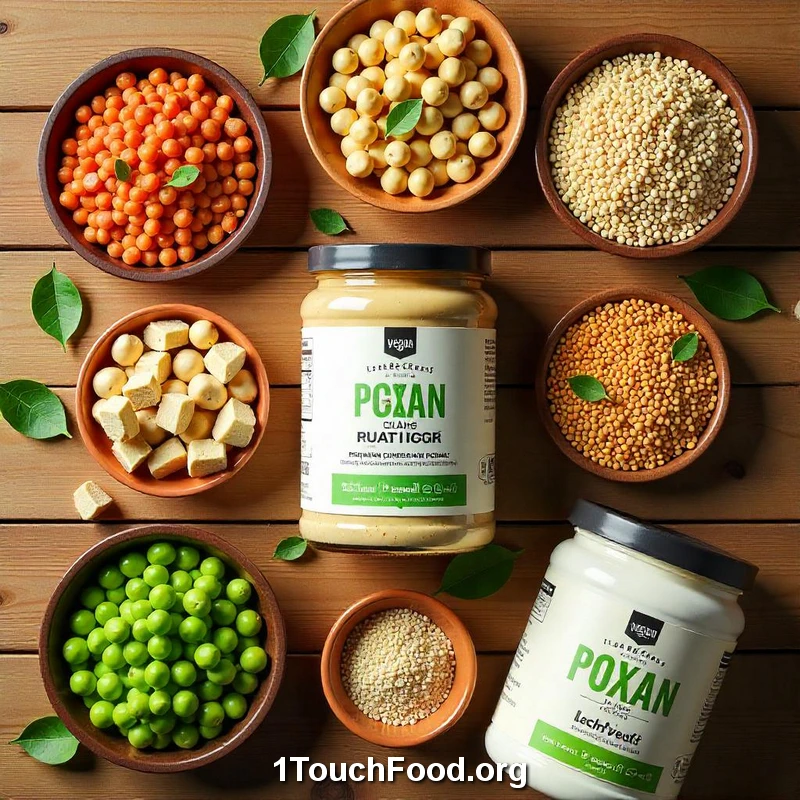
FAQs about Plant-Based Diet for Athletes
Q1: Can a plant-based diet meet the protein needs of elite athletes? Yes, with a diverse selection of plant-based foods and proper planning, even elite athletes can meet or exceed protein requirements.
Q2: Do plant-based diets cause muscle loss? No. With adequate calories and protein from various sources, muscle maintenance and growth are fully achievable.
Q3: How can I get complete protein without eating soy? Combining grains and legumes — such as rice and beans — can provide a full amino acid profile without relying on soy.
Q4: Are plant-based diets suitable for strength athletes? Absolutely. Many strength athletes thrive on plant-based diets by focusing on high-protein legumes, tofu, seitan, and plant-based shakes.
Q5: What are the most important nutrients to watch on a vegan athlete diet? Vitamin B12, iron, zinc, calcium, omega-3 fatty acids, and vitamin D should be monitored and supplemented if needed.
Conclusion
A well-planned plant-based diet for athletes offers numerous performance, recovery, and health benefits. By focusing on whole foods, combining protein sources smartly, and staying mindful of key nutrients, athletes can thrive without animal products. Whether you’re training for endurance, strength, or general fitness, a vegan approach can fuel your success — naturally.
This completes our comprehensive guide on plant-based diets for athletes. With the right strategy, you’re now equipped to outperform the competition and rise to the top of your game.
Enjoy! See our youtube. Quench your thirst and revitalize your body with our collection of refreshing and hydrating recipes. All athletes must pay close attention to their nutrition to achieve optimal performance. You can see CookBook for athletes and Building a Bigger Butt. Its very useful for athletes.


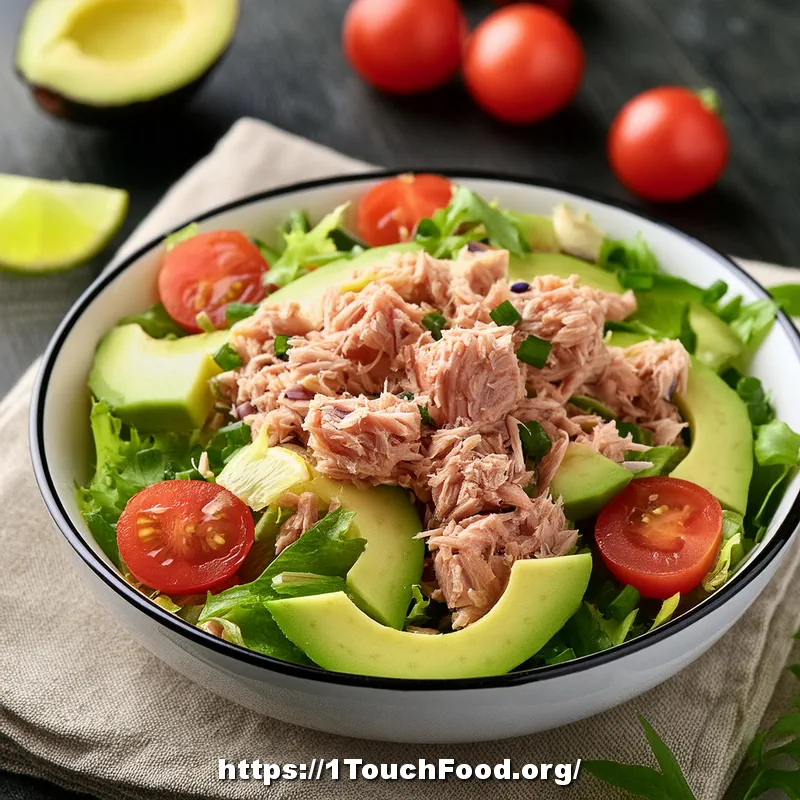
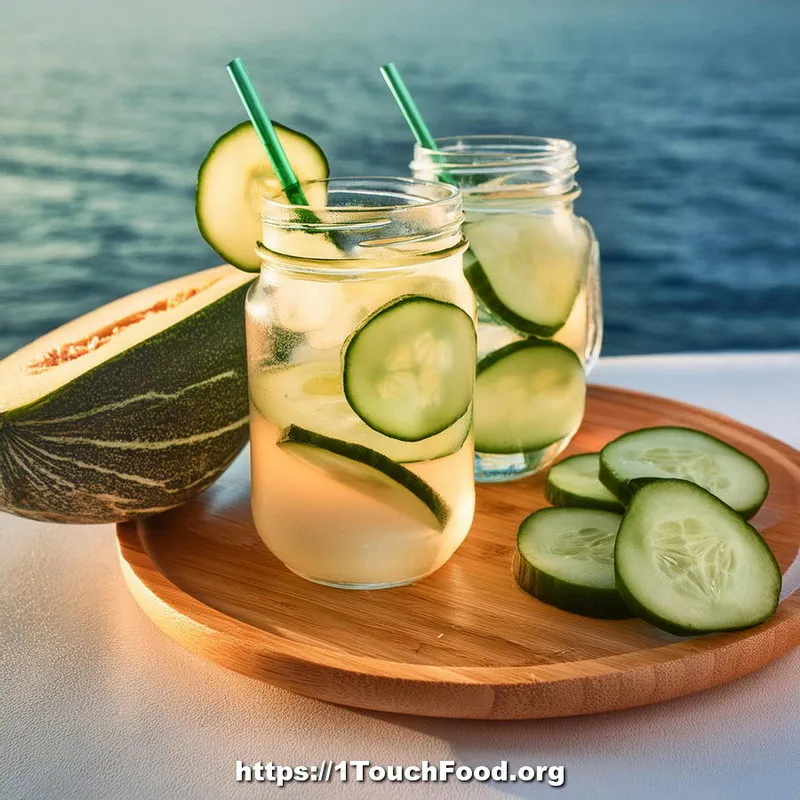

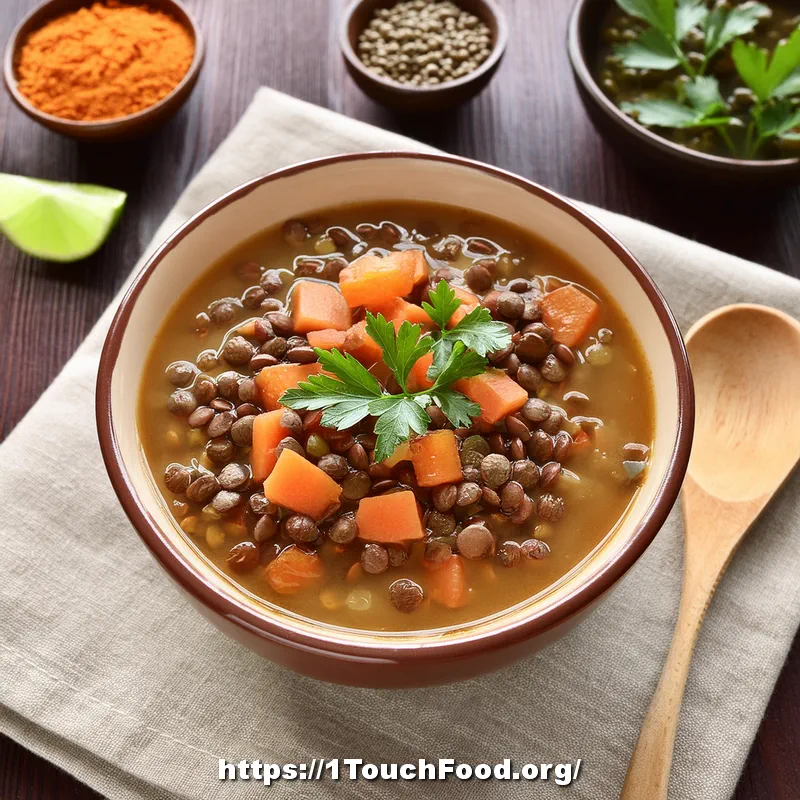

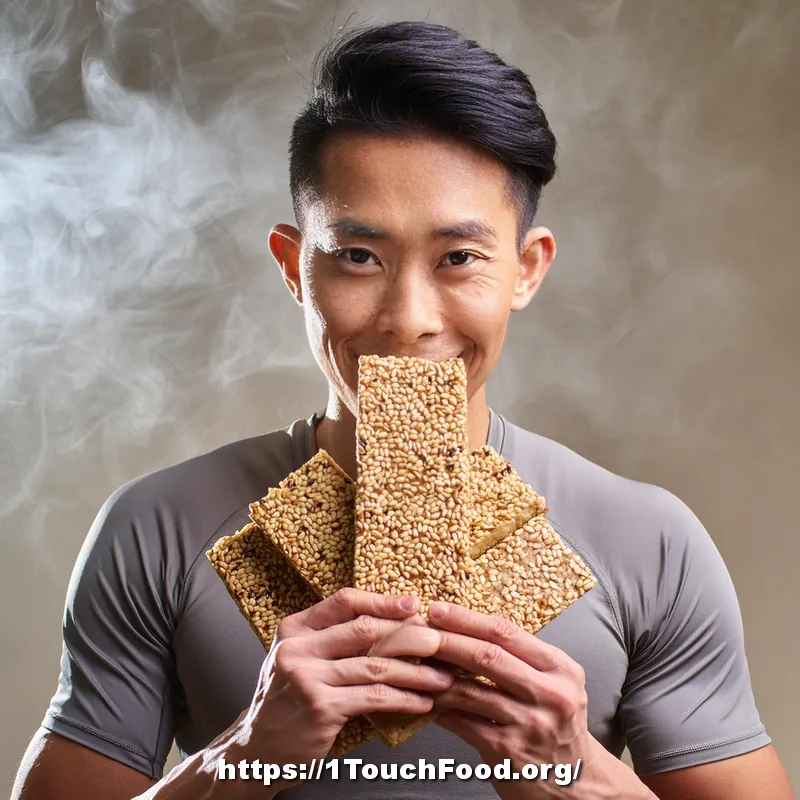





Leave a Reply